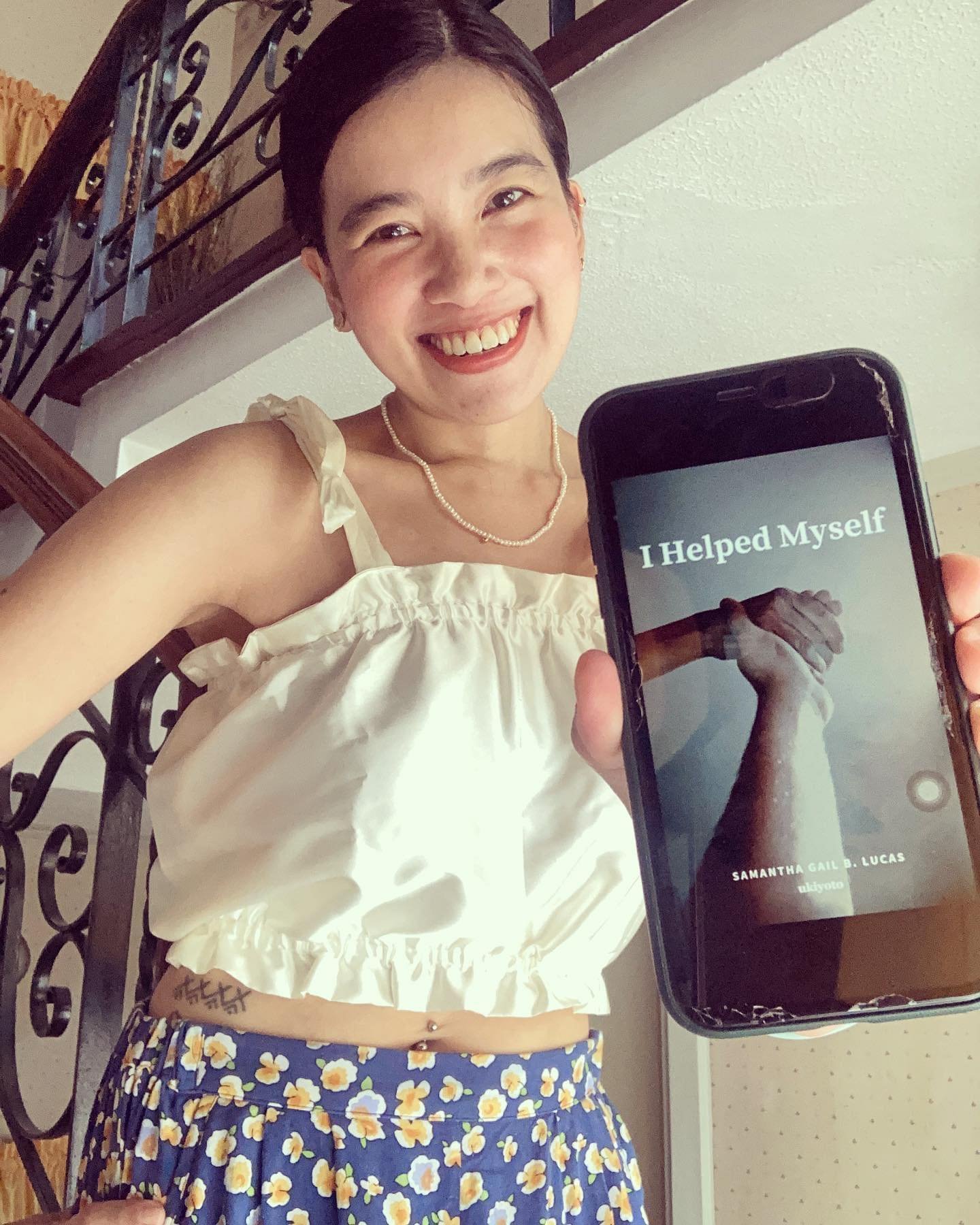The Israeli health delegation concluded their 5-day visit in Manila with recommendations to further improve systems and procedures in handling COVID patients and for efficient infection control protocols and hospital management.
The team of experts is composed of infectious diseases and COVID-19 specialist Dr. Guy Choshen; Shira Peleg, head nurse and nursing manager at the Tel Aviv Sourasky Medical Center's Emergency Department; Eyad Jeries, trauma coordinator at Galilee Medical Center; and Chaim Markos Rafalowski, disaster management coordinator at Magen David Adom (MDA).
During the exit conference between the Israeli medical experts and their Philippine counterparts on Friday, July 30, Dr. Guy Choshen, noted some of the key factors that need to be considered in treating COVID-19 patients.
“I was highly impressed by their professionalism and I am sure that there are ways to improve the way you give healthcare to the cities,” head of the delegation Dr. Choshen said. He also commended the country’s health care workers for the professionalism they have shown in the face of the challenges caused by the pandemic.
According to Dr. Choshen, there are key factors that need to be considered in treating COVID-19 patients. These factors include the implementation of standard health care in DOH medical centers; the need to implement or articulate a patient’s discharge guidelines; allowing patients to be visited by their family visits in hospitals; and the implementation of critical patients’ restrictions, as well as infection control measures.
Dr. Choshen also stressed the importance of pushing up the vaccination campaign of the Philippines. “This is the main way we can mitigate the pandemic,” he explained.
Mr. Chaim Markos Rafalowski shared that in Israel, they have a “National daily health team evaluation” where they gather more than one hundred health professionals from different branches to discuss the current situation of their health care system.
“The objective of this is to understand the current situation and to identify the crisis and try to foresee where we are heading,” Mr. Rafalowski explained.
“And the most important aspect is to set up priorities for immediate action for the short and long-term healthcare system with regards to COVID-19,” he added.
For his part, Health Secretary Francisco Duque III said: “One of the impacts that we hope to be able to achieve in our unified strategy management against this pandemic is to bring down mortality rate perhaps less than 1 percent, if not less than .5 percent, as much as we can.”
Sec. Duque also thanked the Israel medical experts on behalf of the Philippine government.
“I thank you once again for your generosity, for sharing your knowledge and expertise and I hope that this will be a continuing greatest achievement for the government of the Philippines and of Israel and our healthcare professionals, our whole society, medical doctors, our nurses, and learn as much as possible,” he said.
National Task Force Against COVID-19 Chief Implementer and vaccine czar Secretary Carlito Galvez Jr, who was represented by Deputy Presidential Peace Adviser Undersecretary Isidro Purisima, said that the recommendations from the Israeli delegation will help the government scale up its health care system particularly its “policy direction.”
“Our countries may have similar approaches and practices in managing the pandemic. But this week-long exchange of learnings has made us realize that there is much to be done,” Galvez said in his message read by Purisima.
“Our meetings have also opened a lot of possibilities which our COVID-19 task force can explore in terms of policy direction,” he added.
Mr. Nir Balzam, Chargé d’Affaires a.i. of the Embassy of Israel in the Philippines assured the Philippine government that Israel will continue to assist the country in its fight against COVID-19. “This is our second delegation, the first one focused on the vaccination rollout. We will continue the collaboration on a normal basis. We are working closely with the Philippine government,” he said.
This second delegation of medical experts arrived in the Philippines on July 26. The first group, which focused on sharing Israel’s best practices in implementing a national vaccination campaign, completed their four-day mission to Manila in June.
Since the outbreak of the pandemic, Israel has granted significant assistance to the Philippines to help its fight against COVID-19. The Israeli government turned over several donations consisting of personal protective equipment to the Department of National Defense and the Philippine National Police for use of their frontliners. Education equipment were donated to the Department of Education to aid distance learning. Israel also continues to share its experience and knowledge in emergency and pandemic response with the Philippines through webinars, courses, and joint meetings.
Source: Embassy of the State of Israel



